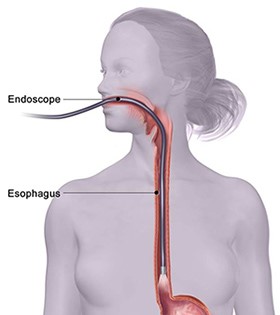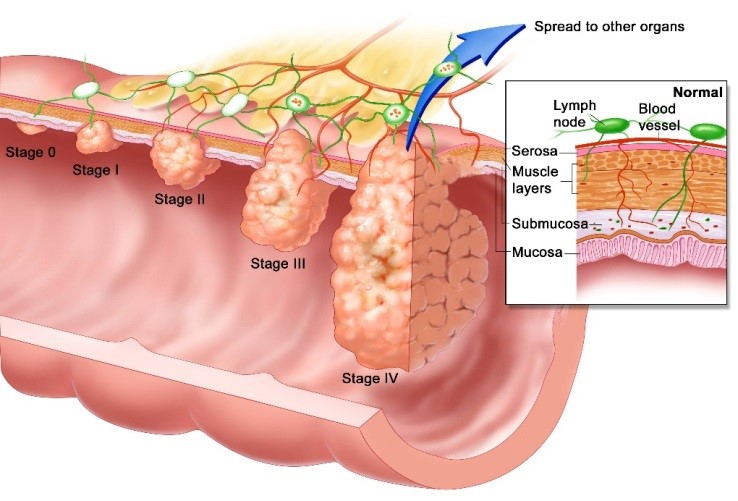There are different treatments available for Esophageal Cancer depending on the stage, type and the position of the cancer. Factors other than the stage of the cancer that might have an impact on your treatment decision include your age, your overall health, and your own preferences. The three main types of treatment include surgery, radiation and chemotherapy.
Surgery
Surgery is the most common treatment option for Esophageal Cancer.
- Endoscopy surgery is usually for removal of very superficial tumours. If the cancer is detected at a very early stage, endoscopic resection may be performed to remove the tumours and a fraction of the healthy tissues that surround them.
- Esophagectomy is a procedure in which the portion of the esophagus containing the tumour and nearby lymph nodes are removed. The remaining esophagus is then reconnected to the stomach.
Chemotherapy
Chemotherapy is the use of drugs to help kill cancer cells and shrink the size of the tumour. It can be given alone or combined with radiotherapy before or after surgery. It is also the treatment of choice if the patient is not suitable for surgery. The drugs are given into a vein or by mouth. Once the drugs enter the bloodstream, they spread throughout the body. In Esophageal Cancer, multiple chemotherapy sessions are usually required.
Radiation Therapy
Radiation therapy uses high-powered energy beams to kill cancer cells. Radiation can come from a machine outside your body that aims the beams at your cancer (external beam radiation) or it can be placed inside your body near the cancer (brachytherapy).
Radiation therapy is commonly combined with chemotherapy in the treatment of esophageal cancer. It can be used before or after surgery. Radiation therapy is also used to relieve complications of advanced Esophageal Cancer, for example, in cases where the tumour grows large enough to obstruct food from passing through your stomach.




















